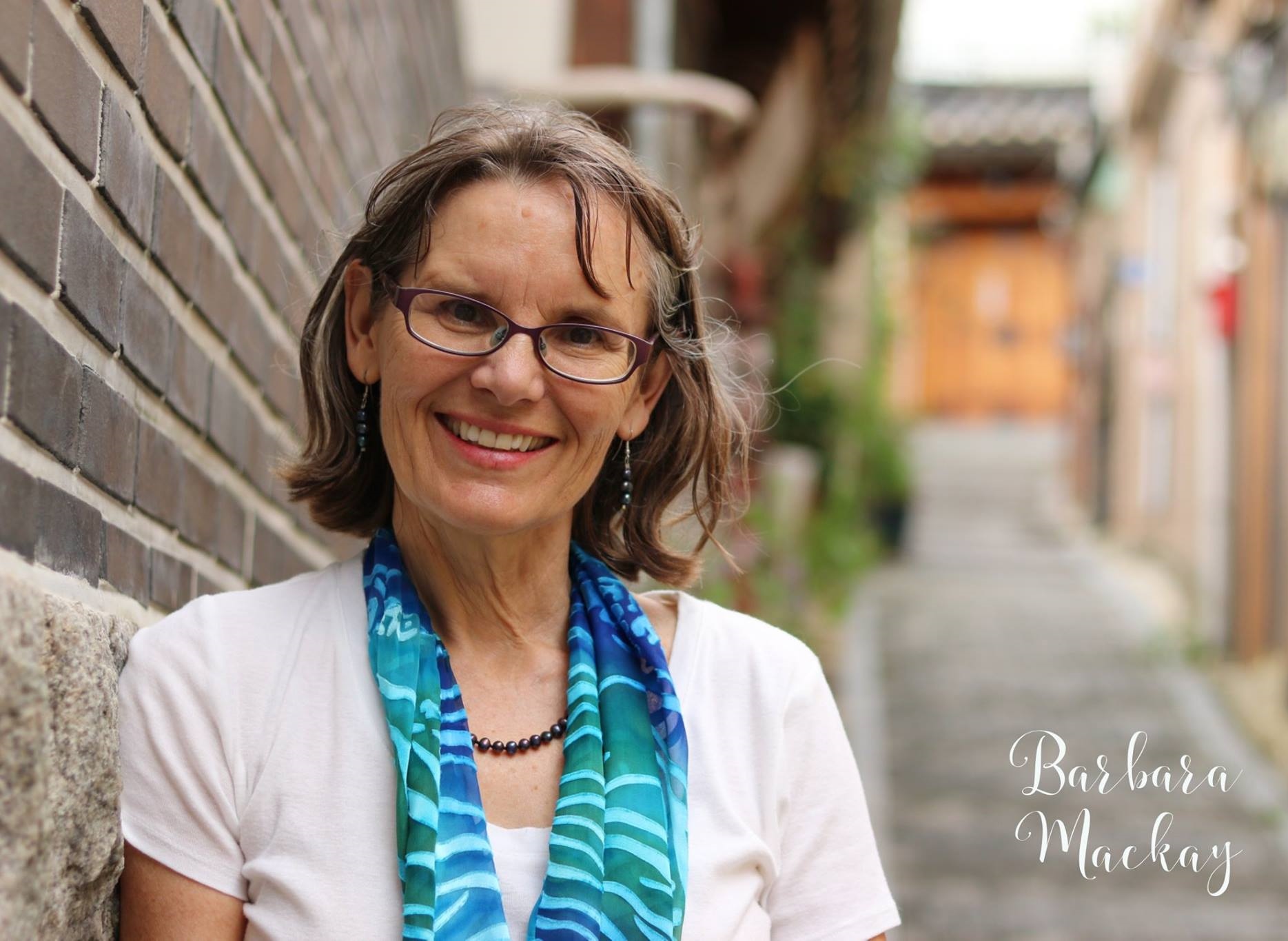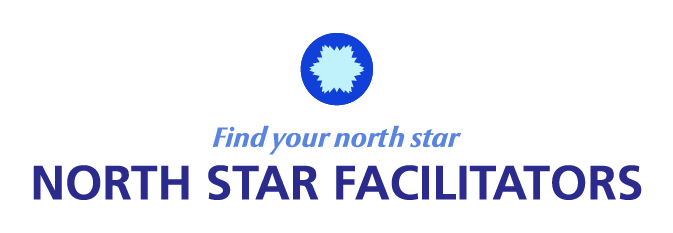How to Unplug & Recharge – Facilitator Self Care Practices

A colleague recently shared an article with me about creating “white space” in your life. The article was about intentionally scheduling “do nothing” days (posted in resources section below). Thanks to Lyn Wong in Singapore for sending me this.
The reason I think this is important to pay attention to as facilitators and leaders is that humans are busier now than we have ever been in our entire existence. We have so much data coming towards us. We are constantly glued to our smart phones, television, and tablets. People expect instantaneous responses from us, especially if we are leaders. It is not uncommon for some of the clients I work with to schedule work meetings both at 5:00 a.m. and 10:00 p.m.. That’s often because they work internationally. For the last few years I also have had many mornings a week where I’m online by 5:30 a.m. and still working well beyond 7:00 p.m. taking mentoring calls and doing meetings.
I’m astonished that some of my colleagues tell me that they rarely go for walks and have no self-care or self-reflection practices. It scares me to think that many of us are not taking the time to connect with ourselves, to take care of ourselves, and to give ourselves a break from the demands of others.
Why Don’t We Take Care of Ourselves?
I know why I have had difficulty reducing my work load. I would say it’s due to the need in my childhood to make sure my family was going to be ok. I learned as the oldest female to take care of my younger siblings. I wanted to make sure that we all were fed and that nobody got hurt. This left me with some inner messages that I needed to take care of people all the time. That’s one reason – it’s a survival reason.
The second thing I notice in myself and in others is that we have a human need to be seen, respected and valued. When we do things for other people, we feel good. Miguel Don Ruiz from “The Four Agreements” says in his fourth agreement to “always do our best”. When we do our best, we have the opportunity to reduce feelings of regret. This is important. It’s hard to sleep when you have regrets. For some of us, we take it too far. We assume people expect us to never make mistakes. We mistakenly think that doing our best means never making a mistake. But in fact, we can celebrate making mistakes. When we’re connected to ourselves, we can treat ourselves like a small deeply loved child. A loving parent, for example, would gently tell a child how to do something differently so that the same mistake would not occur.
For the rest of this blog, I’d like to share practices that have helped me the most. Some are “tried and true” (been doing for decades) and some are brand new. These practices may serve as reminders for you.
Practice #1 – Do Nothing

This is a brand new one. It is extremely difficult for me but not time consuming. It should be the easiest thing to do but it’s the hardest thing in the world. It’s like the blogger (No Sidebar) says in a recent post called “Do Nothing”. The practice is to do nothing for short periods of time. For example, I sat in my favorite chair in the garden and I stared at some flowers. While I was sitting there ‘doing nothing’, I watched a pair of birds hopping in an animated fashion at the top of the fence. One bird was in the lead and would hop 4-5 steps ahead of the other bird. Then the lead bird would turn around hop back 2 steps to make sure their bird friend was ok. As soon as the other bird caught up with them, the lead bird pranced ahead again. Every time, this bird would stop and backtrack a little to check on the friend. I had never seen that before as a bird behavior. It was remarkable! It only took sitting 3 minutes in my chair to notice this. And it delighted me to think about this bird taking care of their friend.
Practice #2 – Notice Beauty

You’ve heard of the saying likely, “stop and smell the roses”. I would take it one step further and say, stop, touch and learn about a flower. I have some foxglove flowers in my garden. When they’re just budding they have the most exquisite satin like feel to them. And when these buds that look pretty ordinary open up, it reveals this exquisite pattern of spots inside each flower petal. You can see this in the video below. So the practice is noticing small things of beauty. I love nature so that’s where I find a lot of beauty. But you might look up at a photo of a person’s face or a building – notice the textures and lines in the face or the building. Look at things you never noticed before.
Practice #3 – Make Yourself a Beautiful Beverage

Make yourself the most delicious beverage you can ever imagine. When I have the time, I make my own alternate milk beverage. Here’s my brief video on how to make almond milk. Our son, the chef, has taught me to soak a few dates and blend in with nuts so that the beverage is naturally and slightly sweetened with dates. I add some raw cocoa powder and cardamom in the hot milk and blend with a whisk or electric stirrer. Then I actually sit down and notice how good it tastes. Nothing else.
Practice #4 – Get Outside

Get out! Change your scenery. If you work in an office, walk in the halls and look out a different window. Ideally go for a walk outside if the weather permits. Get into a park or nature. You might even try going to a flower shop or tea shop. You might just look at the sky. You might get in a boat and canoe or kayak or ride your bike. This will change your perspective and allow things that needed a challenging decision from you to emerge more clearly.
Practice #5 – Write What is in Your Head

I’ve had an active journaling practice for decades. I used to write a diary when I traveled in my early 20’s. Julia Cameron wrote a book a long time ago called “The Artists Way”. It’s still quite popular today. There are several workbooks now. I followed her workbook studiously for years and wrote what she called, ‘Morning Pages’. She advised to write 3 pages long hand, not on the computer, about anything that was in your head. She would say that after the first 1 ½ pages, the real gems would begin to surface. The first page and half may just be garbage. I have many journals – some are just for writing down phrases of gratitude. Some are for my to-do lists. Some are travel journals. Buy yourself a beautiful small notebook. It helps to have different colors of pens. I even use watercolors in my journals. Do anything you can to keep the process fresh so you will not stop the practice. Allow yourself ideally at least 10-15 minutes at the same time of day to write. There will be many days that you miss but just start again.
Practice #6 – Ban your Device

This last practice is one I’m really NOT experienced at. It’s staying off my device (for me, a smart phone). I’ve been experimenting. When I don’t use my device for several days in a row, my energy increases. My sense of well being increases. It really helps me to go to another country and decide I don’t want to pay for internet access. It also helps to let my loved ones know I won’t be responding to texts and emails. When I’m at home, I try to not look at my device more than 3 times a day. I usually only manage to do this 1 day a week. My goal is to set aside 3 specific times every day to check my texts and emails to respond them. One tip that I recently read, was to turn off notifications so that you don’t get distracted. Scientists have actually learned that it takes many minutes to get your focus back, even when you just look at an incoming text. We waste a lot of time and efficiency with constant messages coming at us.
This one practice may be the single most important thing that you and I can do to get “ourselves back” – to get our lives back. If we do this, we can likely be better parents, leaders, friends, colleagues, community members and group facilitators. (Just take a walk in the park and notice how many parents are on their phones while pushing their kids on the swings or in strollers). Try getting off your device one full day a week as a starting point.
Conclusion
These are only a few of my practices. I also mediate daily. I have rituals of making green juice or smoothies. I have an art practice, a yoga practice and a peer-listening practice. I have a ritual of going to bed earlier than 10:00 p.m. and getting up around 6 a.m. Not everything gets done everyday. But I do at least 3 things for myself every day. Three things that say “I’ve done enough. I deserve a rest. I need some down time.” As facilitators and leaders, people need our full attention and best selves to show up. I am constantly learning and relearning this the hard way when people remind me I am not doing this. To those people, I say “thanks for the feedback”.
I’d love to hear what you do to connect with yourself, to refresh yourself and to be more successful in being a more authentic, present facilitator and leader in the world.
Resources
Blog: How a “Do Nothing” Day Changed My Life
Blog: Lessons Learned From Taking a Sabbatical





Hi Barbara
It was wonderful to meet you at the Asia Conference at Malaysia last week. I resonate with all the above suggestions of yours. I have recently created the habit of ‘white spaces’ in my calendar (surprisingly gave the same name to my new practice)!. As Facilitator/Coach and a Trainer, it’s in my integrity to keep up my energy levels as high as the session would require of me. Therefore, it’s important that I stay nourished and energised for my participants/Coachees and the overall success of the session which they have signed up for – in total Trust. Thanks for bringing out the ways of ‘self-care’ so lucidly. Once again, I wish to record that meeting you was a high point of this conference ‘for me.’ Warmly, Narsi